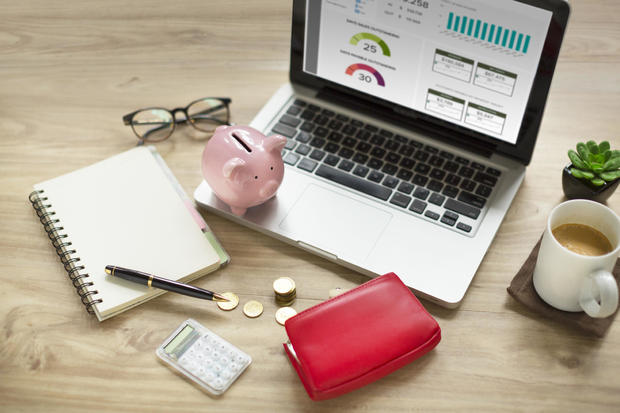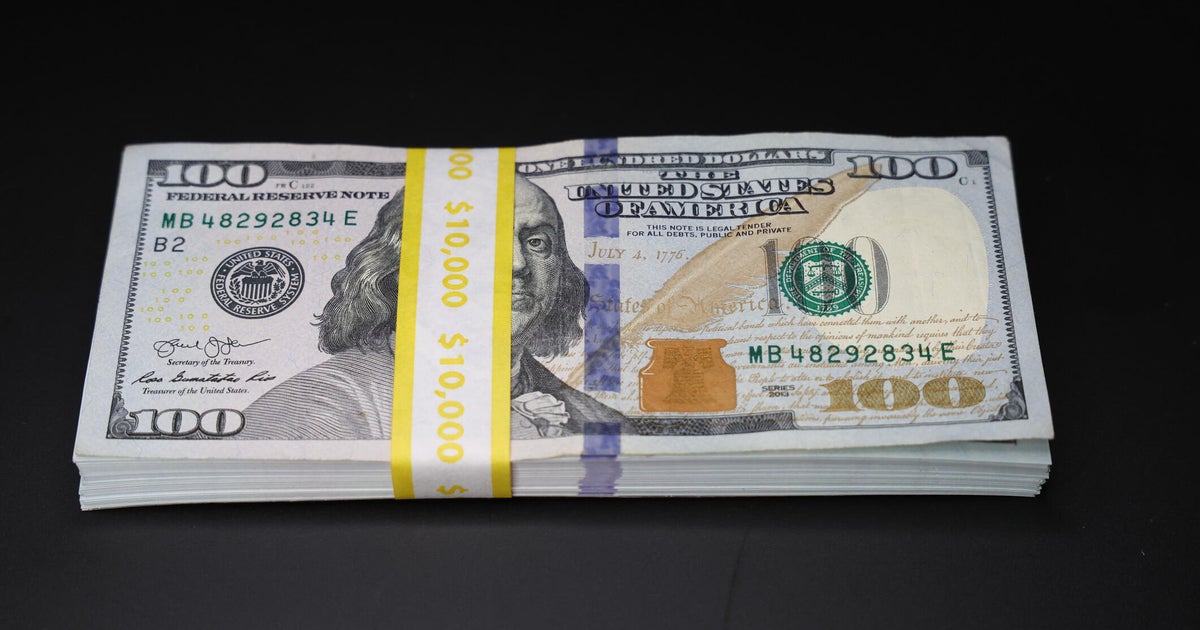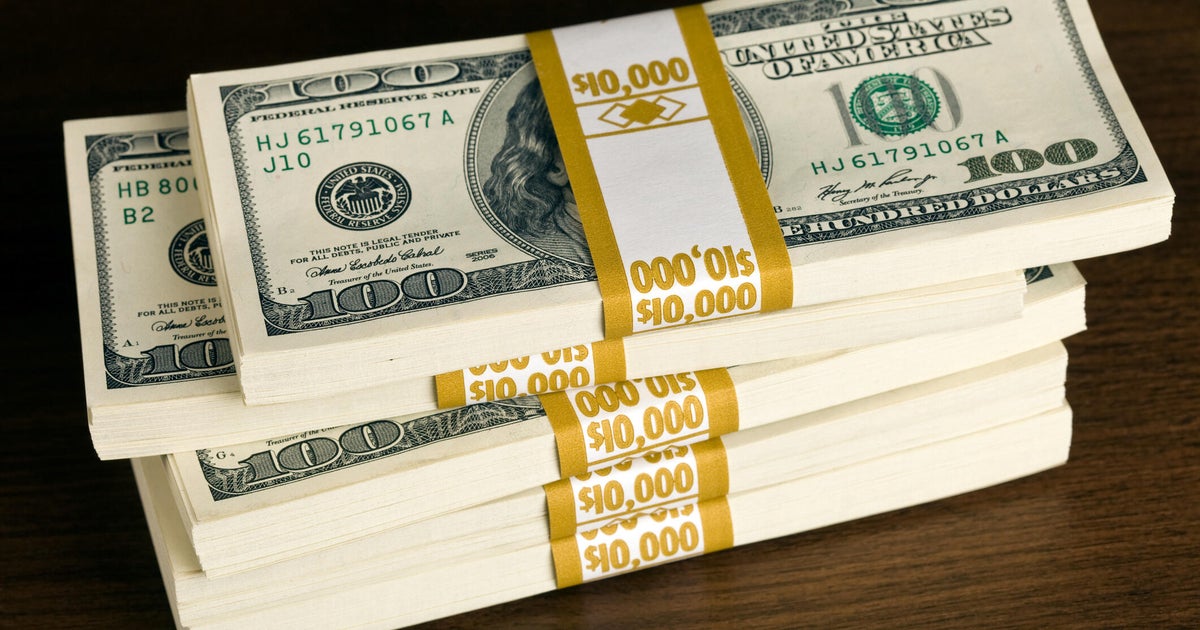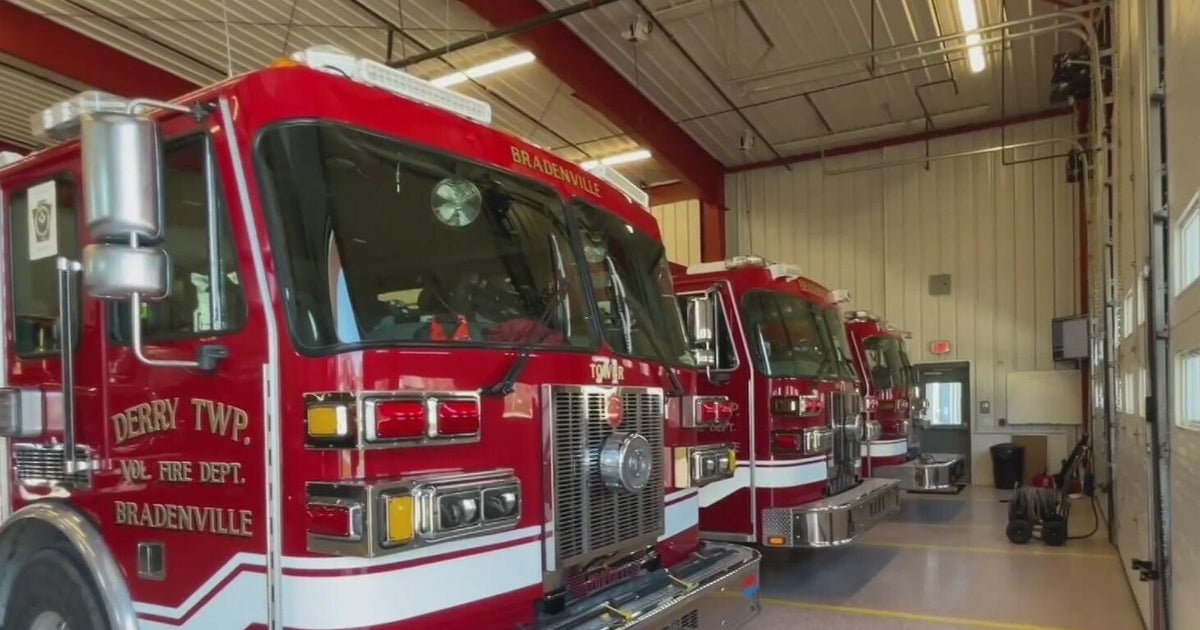The best places to park your savings
Saving is essential to safeguarding your financial future, and it's especially crucial in times of economic trouble.
In addition to building an emergency fund, savings enable you to put aside money for your short-term goals, such as buying a new car, financing a trip or paying for a wedding. But where can you keep your savings to ensure your money is safe and grows as much as possible? Read on to find out.
Explore your savings options here to see how much you could be earning.
The best places to park your savings
If you're looking for somewhere to put your savings, look no further than these options.
High-yield savings account
A high-yield savings account is an excellent choice to store your cash and if you want the ability to access it as needed. These accounts are easy to open, often offer low minimum balances and allow you to grow your savings through interest earnings. Additionally, high-yield savings accounts are FDIC-insured up to $250,000 per account per bank, which means your money is safe if the bank fails.
High-yield accounts earn considerably more interest than regular savings accounts. The average rate for a regular savings account is currently around 0.39%. The best high-yield savings accounts, however, offer rates of 4.5% or higher. That can really add up over time.
"High-yield savings accounts are great if you need a place to park your emergency fund or save for a home down payment or other short-term goal," says Vida Jatulis, CFP, CEPA, financial planner at MainStreet Financial Planning, Inc.
If you already have a savings account, but it's not a high-yield one, now is the time to switch.
Compare high-yield savings account rates online now.
Certificate of deposit (CD)
A CD is an account where you deposit a fixed amount of money for a set period (typically one month to five years). Unlike savings accounts, whose rates vary based on the Federal funds rate, CD rates are locked in when you open the account. So, if interest rates go down during the CD's term, your earnings won't decrease.
However, you commit to keeping your money in the CD for the entirety of the term. You'll pay a penalty if you withdraw funds before the maturity date. If liquidity is a concern for you, you can get around this by creating a CD ladder, in which you buy CDs with varying term lengths to ensure regular access to cash.
View current CD rates here to compare your options.
The bottom line
There are many places you can stash your money to grow your savings and build the financial future you want.
Which one is best for you depends on your needs and goals. A high-yield savings account is a good option if you want to deposit money into — and withdraw money from — your savings whenever you like. If you want a fixed interest rate and can afford to keep your money locked away for a set period, a CD could be an excellent choice.
By evaluating an account's fees, interest rates, liquidity and other terms and conditions, you can make an informed decision about where to save your hard-earned money.




